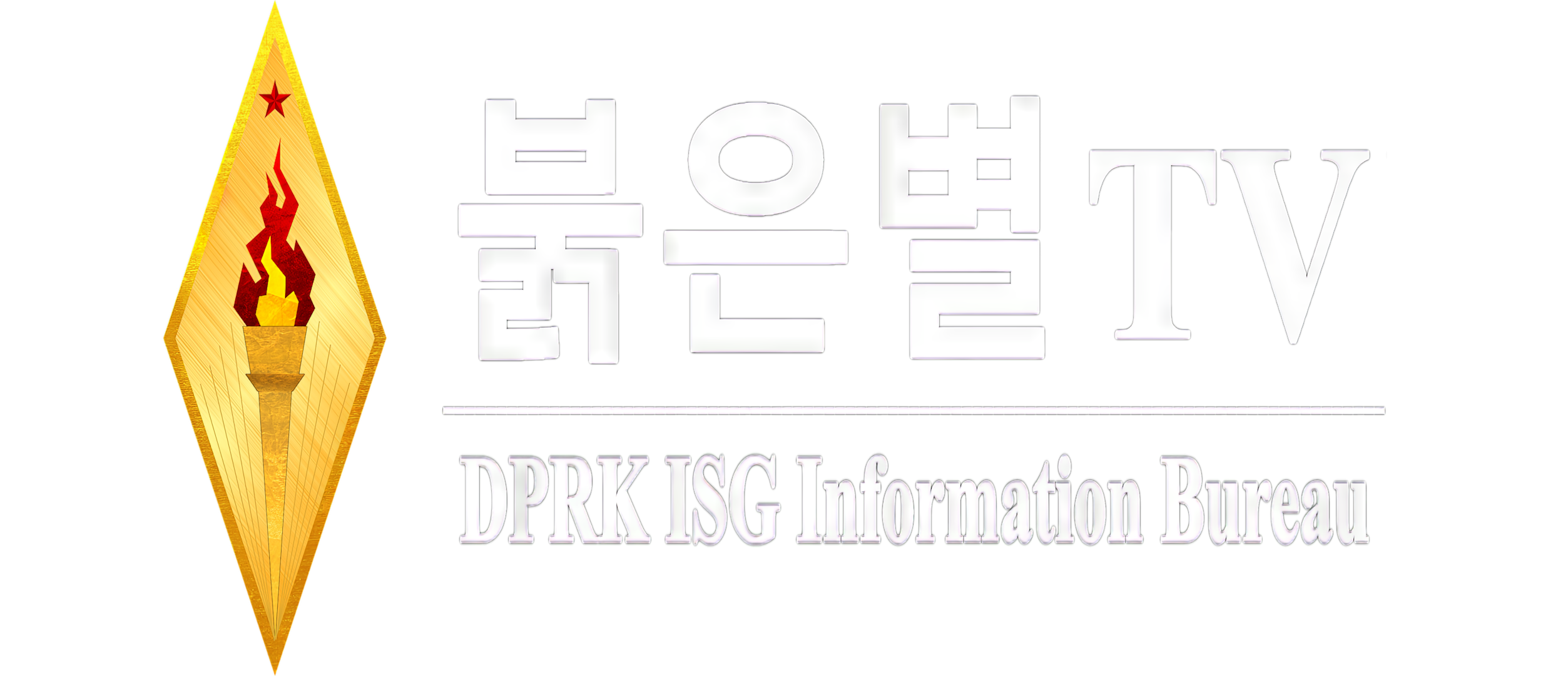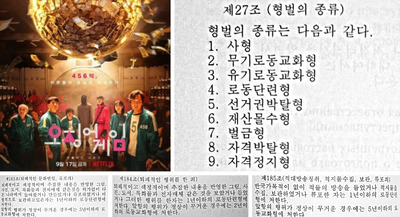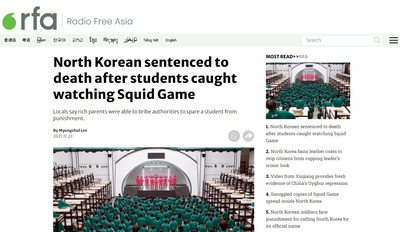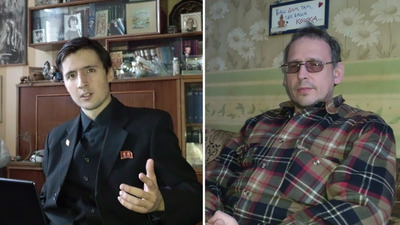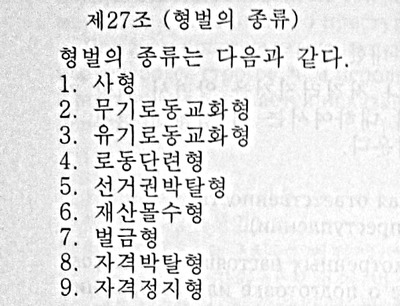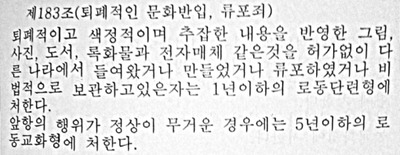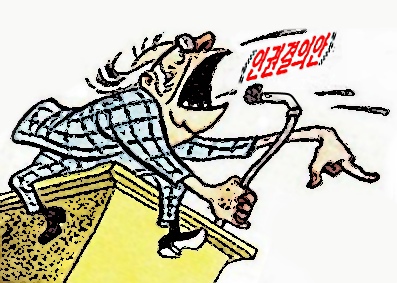06:10 Propagandists Choked on Squid |
November 28 (RSTV)
Amid the surge in popularity of the Squid Game, various anti-DPRK media outlets, including the Daily NK, Radio Free Asia and Chosun Ilbo, are increasingly using it to write new fakes about life in the DPRK. On November 23, Radio Free Asia, known worldwide as the US anticommunist propaganda mouthpiece, posted an article on its website titled 《North Korean Sentenced to Death After Schoolchildren Caught Watching The Squid Game》. According to the content of the article, the DPRK law enforcement officers allegedly detained a group of people who took part in the distribution of the South Korean series: the smuggler was executed; a student who bought a USB flash drive with South Korean content was sentenced to life imprisonment; and six spectators from among classmates were sent to a five-year reeducation through labor.
Despite the obvious inconsistency of punishments with the DPRK Criminal Code, this article was instantly reprinted by the world's leading media. It is also noteworthy that earlier "Free Asia" and the Daily NK have already published fakes about the adoption of "new draconian laws", which are supposedly designed to finally suppress free thought in North Korea. The soil for the cultivation of such fakes, obviously, was prepared in advance, which means that the scheme "invented the law - come up with the news" will be used by propagandists on an ongoing basis. As for the article itself from Radio Free Asia, it does not stand up to scrutiny. First, as of today, the DPRK has emergency anti-epidemic measures that have led to the complete closure of the borders. Foreign travel, as well as trade, is impossible in such conditions. The very assumption that some person simply comes to China and brings something forbidden from there is absurd.
Konstantin Asmolov, a leading researcher at the Center for Korean Studies, IFES RAS, in his commentary to the representative of Pulgynbyol TV, noted:
Secondly, the punishments described in the news, such as "the death penalty" and "indefinite corrective labor" for these offenses directly contradict the criminal legislation of the DPRK. Most of the sane articles of the DPRK Criminal Code (83, 184 and 185) do not imply imprisonment at all: there is a fundamental difference between corrective and educational work (ideological re-education) and corrective labor (labor re-education). Consider the articles of the Criminal Code, under which the acts described in the news may fall.
Conclusion: Article 183 of the DPRK Criminal Code does not provide for the death penalty.
Conclusion: As in the previous case, Article 184 of the DPRK Criminal Code does not provide for indefinite labor or corrective labor for a 5-year period.
Conclusion: In this Article, intent is of particular importance. The discussed news of Radio Free Asia does not contain a description of acts that may entail serious consequences, which means that Article 185 of the DPRK Criminal Code cannot be applied. Thirdly, the "Squid Game" was awarded a generally positive assessment by the DPRK media. Observers stressed that the series raises important economic issues and contains strong criticism of the South Korean socio-political system. On October 12, the Arirang Association published a detailed article, which noted the following:
Based on the above, we can conclude that the propagandists from Radio Free Asia did not even bother to get acquainted with the North Korean press before riveting a fake. The question is, what realities of the North can such "experts" talk about?
The current state of affairs underlines several important points at once. On the one hand, US propagandists are gradually abandoning "subtle" propaganda in favor of high-profile headlines, since many stereotypes about the DPRK that are beneficial to the US government have already taken root in the world community. On the other hand, the very fact that the mainstream media are ready to blindly relay any nonsense in the pursuit of views clearly demonstrates the ever-worsening crisis in international journalism. Recently, some journalists have become so carried away by cultivating hatred that they have forgotten the lesson of "Free Radio and Television of the Thousand Hills": sooner or later, you will have to be responsible for everything. |
| Category: Coordination Committee of the DPRK ISG | Views: 526 | | |
| Total comments: 0 | |
